Common Name: Elderberry, European Elderberry, Common Elder, or Black Elderberry
Botanical Name: Sambucus nigra L.
Plant Part: Berries
Cultivation: Organic
Origin: Bulgaria
Botanical Type: Herbal Supplement
Description: Organic Elderberries are wildly popular. They have been used for ages, and have been praised for their cold and flu support. Elderberries are tiny berries and have sweet, fruity, and tart flavor and aroma, making a tasty addition.
Many people take Elderberry when they know they will be in an environment that threatens their respiratory health, and take at first sign of cold and flu with positive results. These dark purple dried berries are anti-inflammatory, high in vitamin C, and packed full of antioxidants.
Elderberries can be used to make a healthy immune-boosting tea, immune-boosting syrups, other wellness preparations, and used in culinary as well.
Directions For Tea: Pour about 6 oz. to 8 oz. of boiling water over 1 tsp. Cover and steep for 3-5 minutes. Strain and sip immediately.
Recipe For Vinegar “Tincture”:
Ingredients
1 cup organic dried elderberries
1 cup water
3 tbsp honey (Organic raw honey is best. Manuka and/or local honey are great choices)
2 cups raw organic vinegar with “mother” preferably. However, any vinegar will do.
Directions:
-Bring water to a boil. Add elderberries. Reduce to simmer. Simmer for 10 minutes.
-Stir occasionally. To avoid burning berries, do not allow all liquid to fully cook out. If liquid cooks fully out , add just enough cover bottom of pot. (The purpose of the water is to prepare the elderberries for consumption and by not using the vinegar in this step, it remains raw. Very little liquid needs to remain when cooking is complete, as vinegar will be added later and will be the liquid source.)
-Remove from heat immediately to allow cooling. When temperature reaches about 113 degrees (between lukewarm and warm), add raw apple cider vinegar. Let sit for about 20 more minutes to allow vinegar to work into the berries.
-Strain using mesh strainer and a coffee filter or cheesecloth. If you don’t have a coffee filter or cheesecloth, the mesh strainer will be fine, but if you will only be using a strainer, double and triple straining is recommended to remove as much sediment as possible.
-Pour liquid into a glass jar. Using a BPA-free spatula or spoon to help press liquid out of berries through strainer. (Instead of discarding cooked elderberries once liquid/juice is squeezed out, they can be refrigerated for about 3 days, or frozen for 6-12 months to be used in making tea and smoothies. There will still be some good benefits remaining in berries.)
-Add honey into jar once you’ve added and place lid on jar. Tighten lid. Store in cool dark place for 6 months to a year. You can also refrigerate which may extend shelf life. Always inspect for signs of spoilage; visually, aromatically, and even taste.
IMPORTANT: Elderberries may cause some digestive discomfort, especially if consumed raw. Consult your physician or other qualified medical professional prior to use, especially if you have a health condition or health concerns.
Disclaimer: The information on this page and on this website is not medical advice and should not be used as such. We offer general information, but for more information regarding use, please consult a qualified medical professional. Products or information on this website is not intended to diagnose, treat, cure, or prevent any disease.

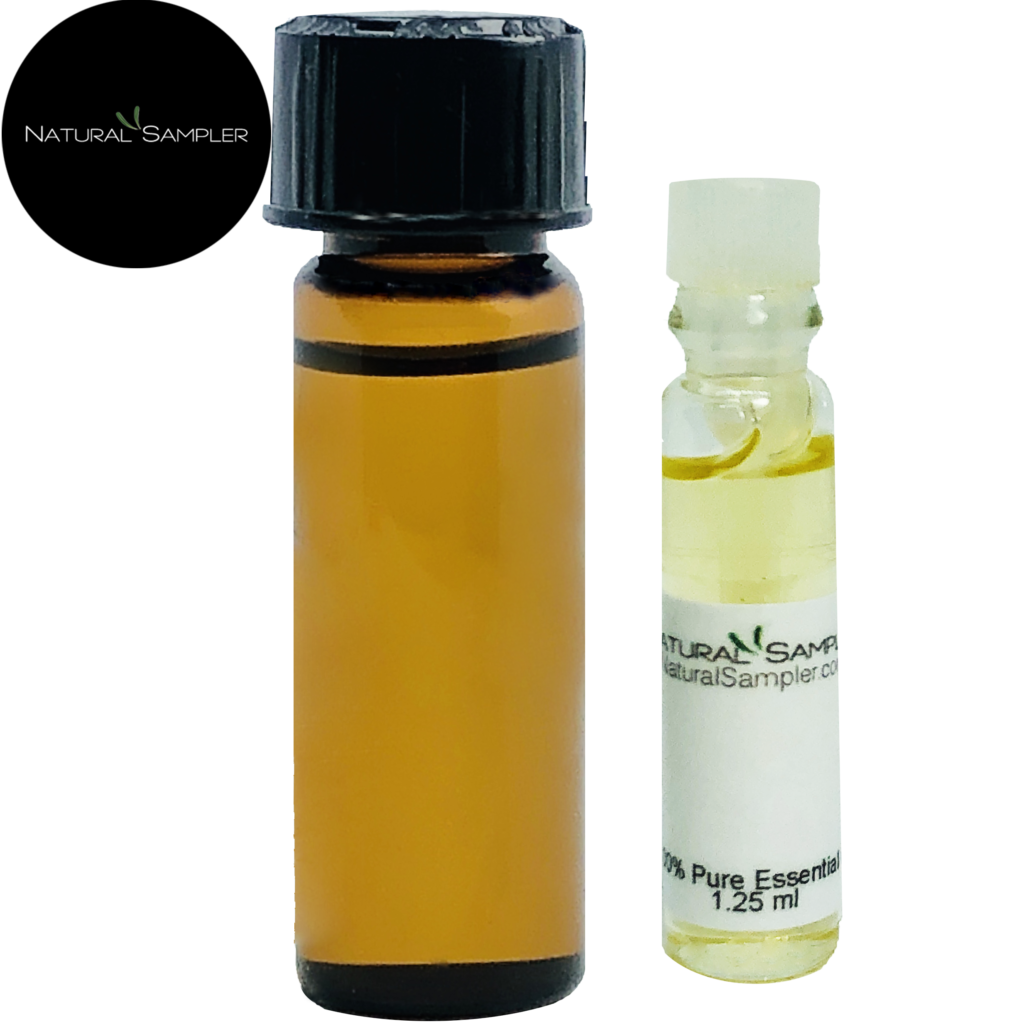
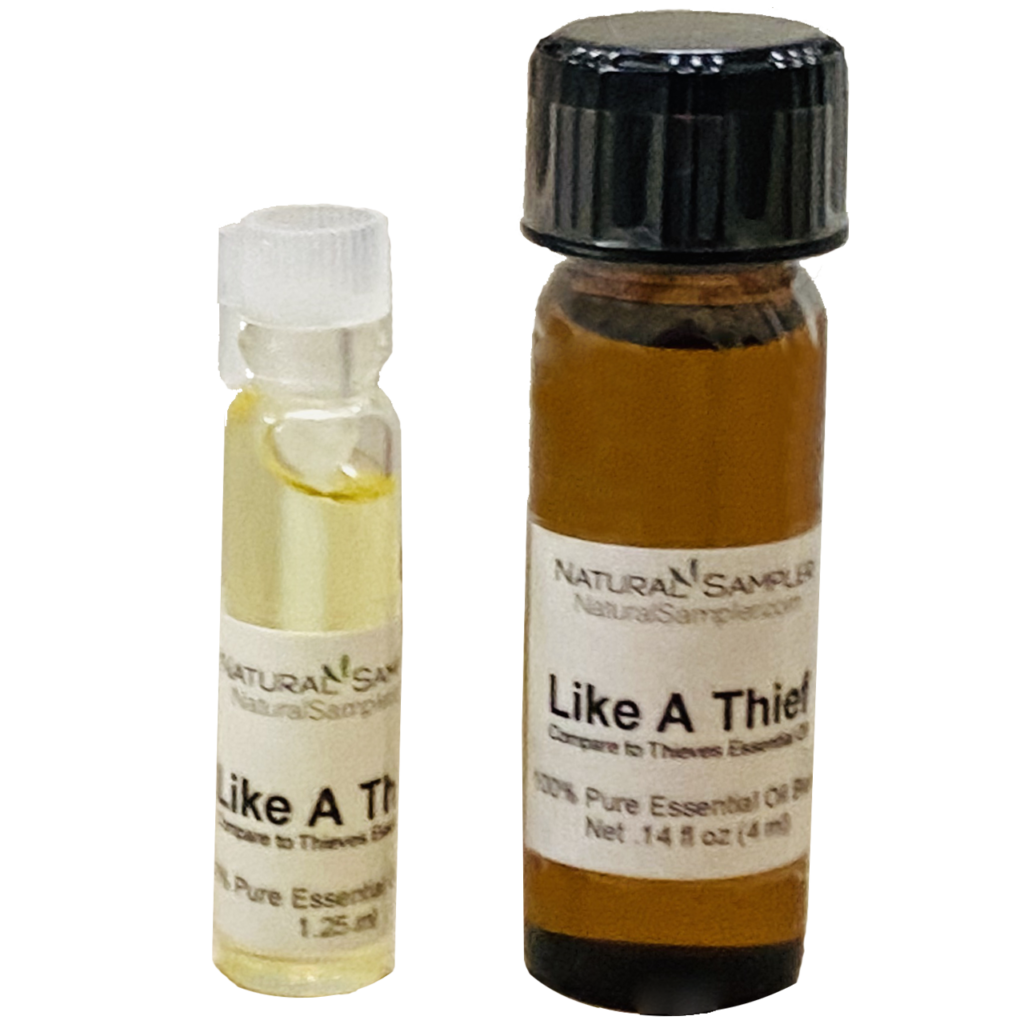
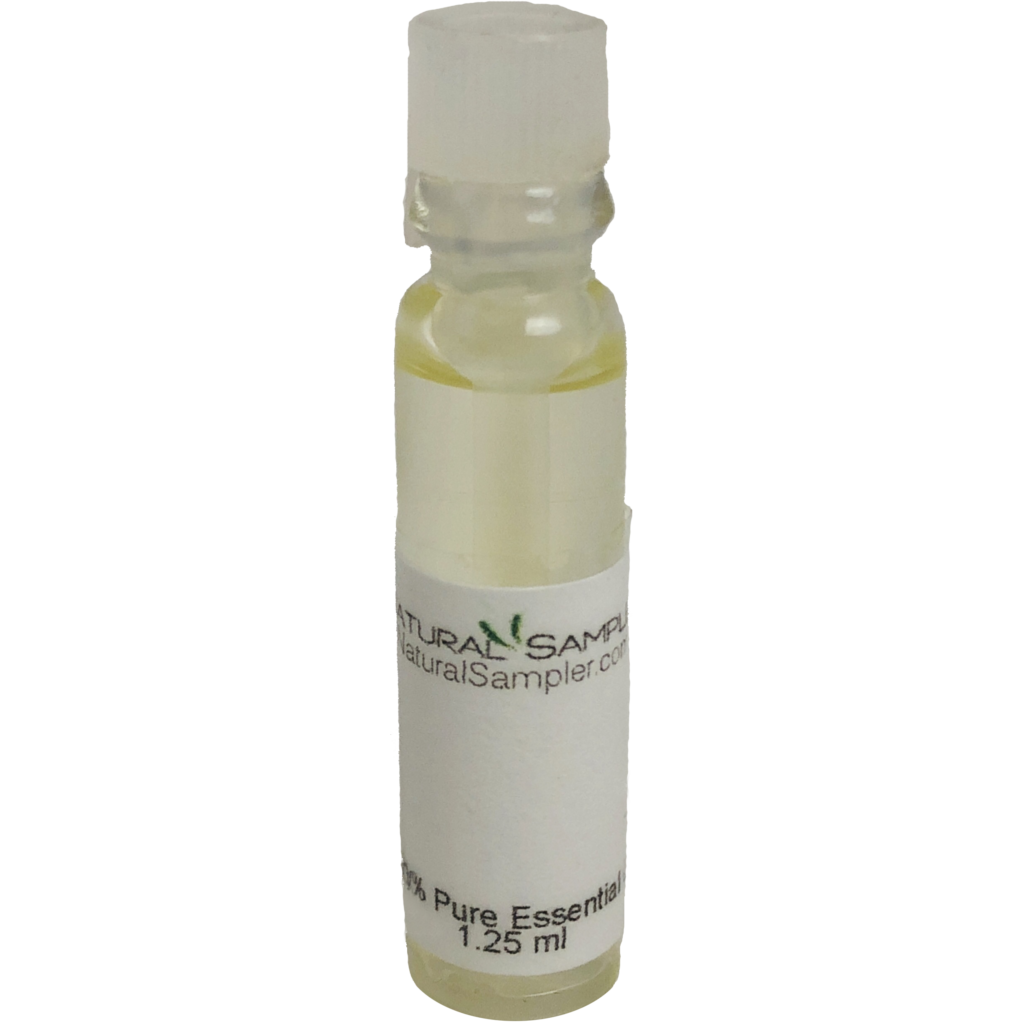
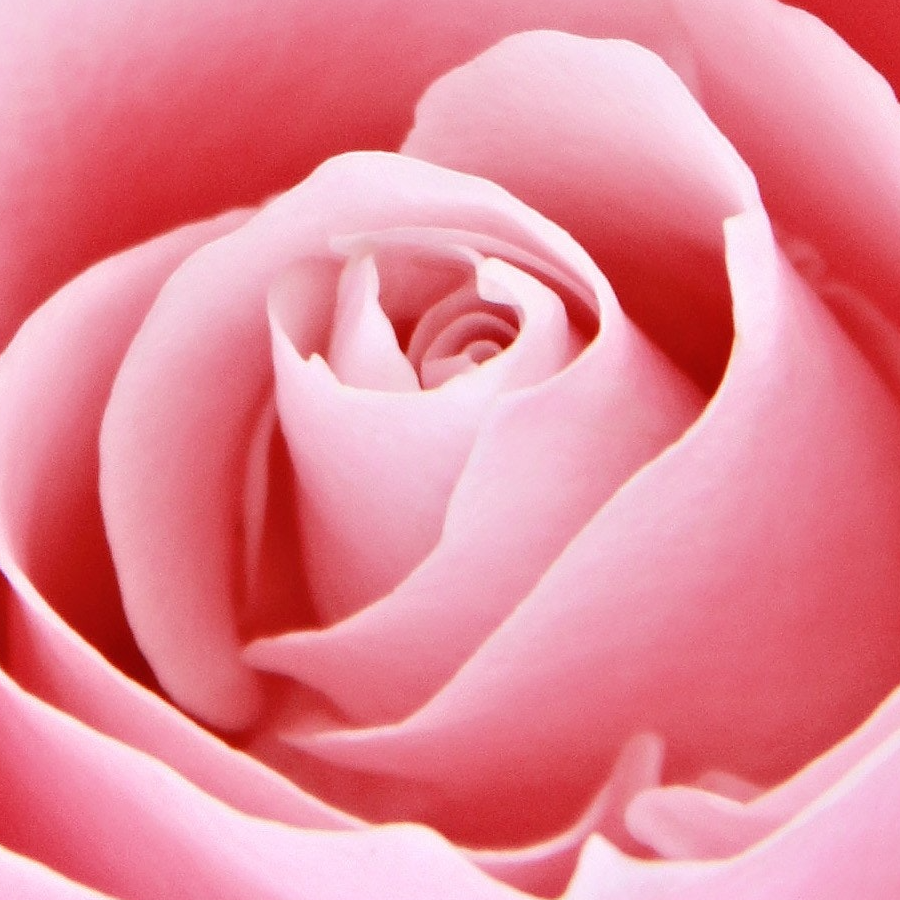

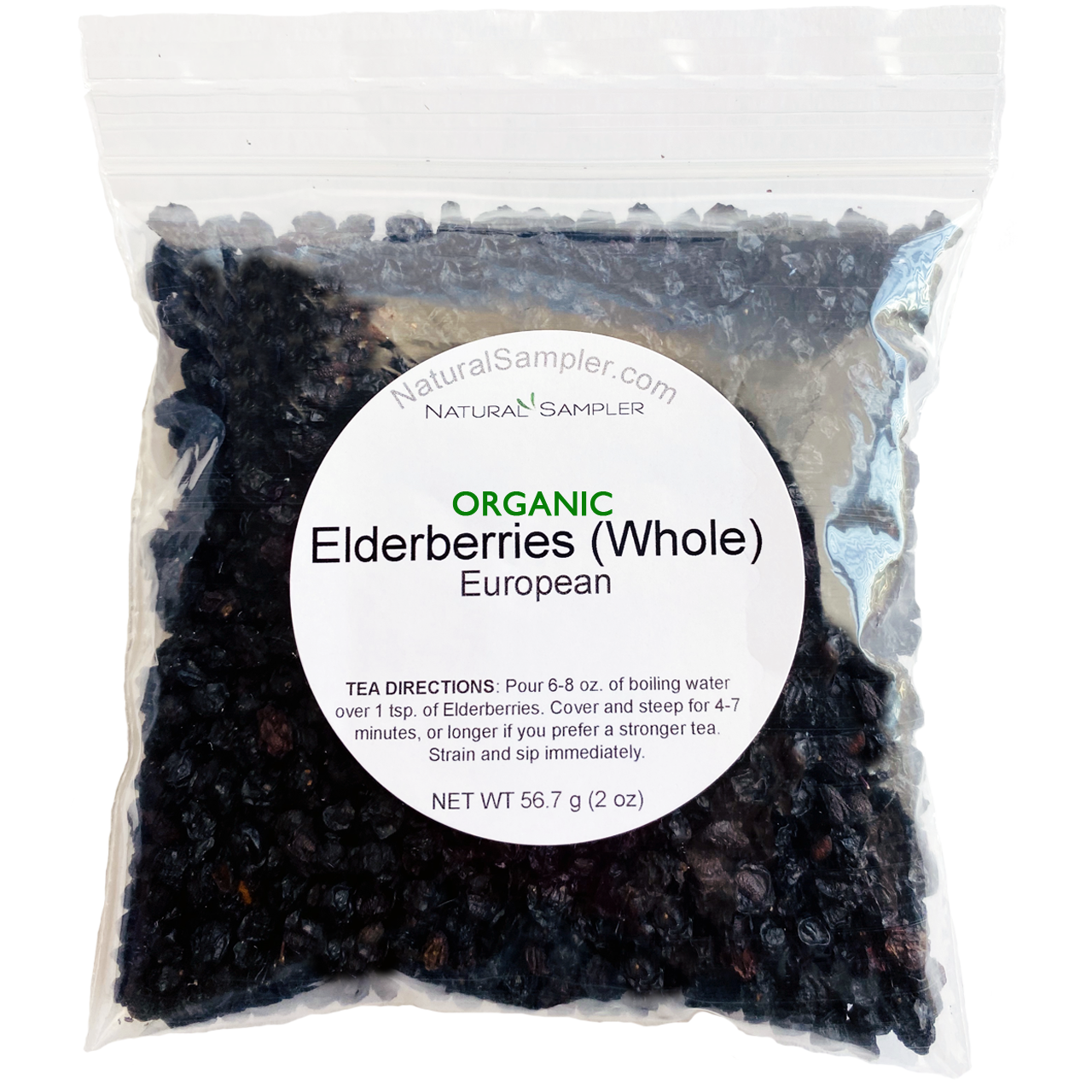
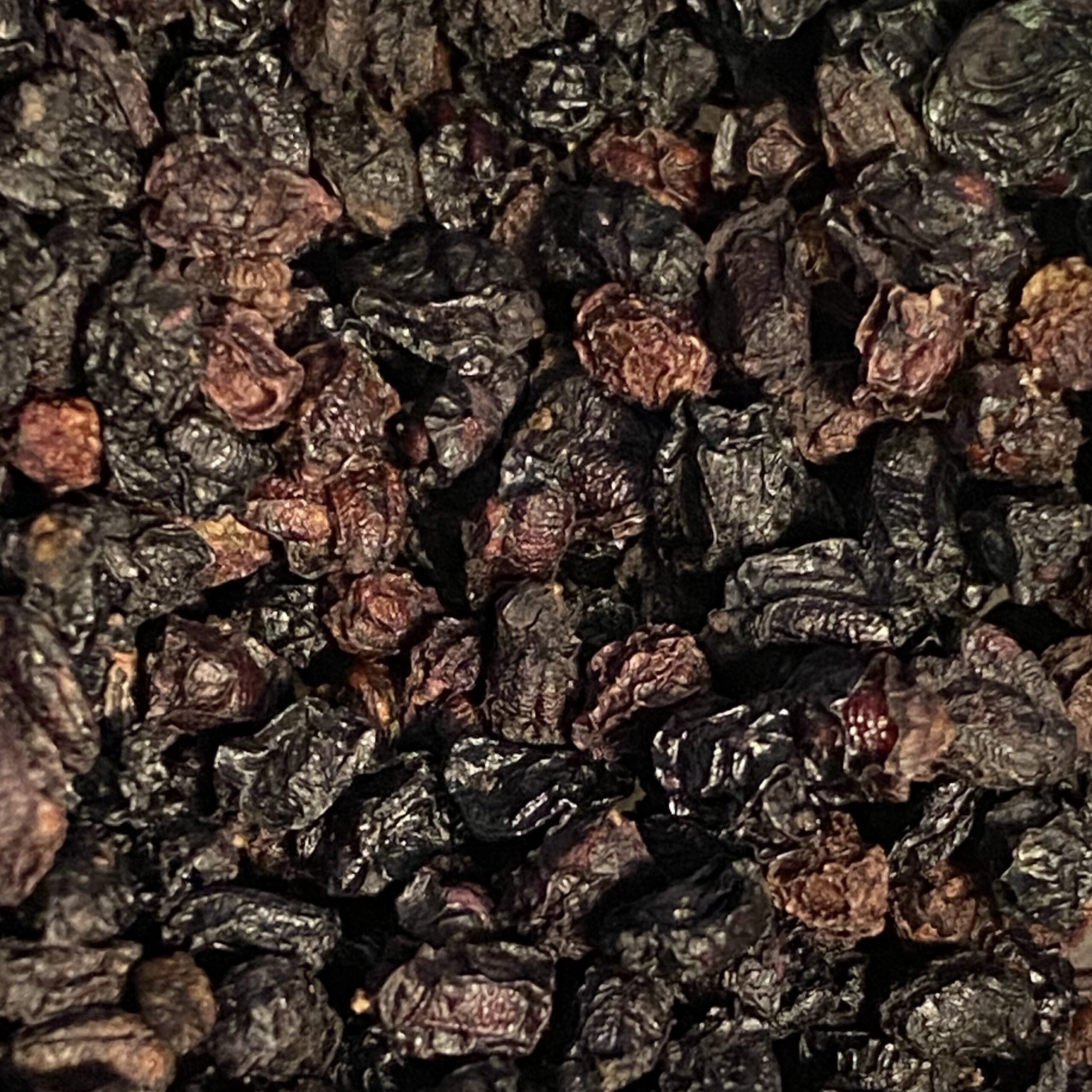
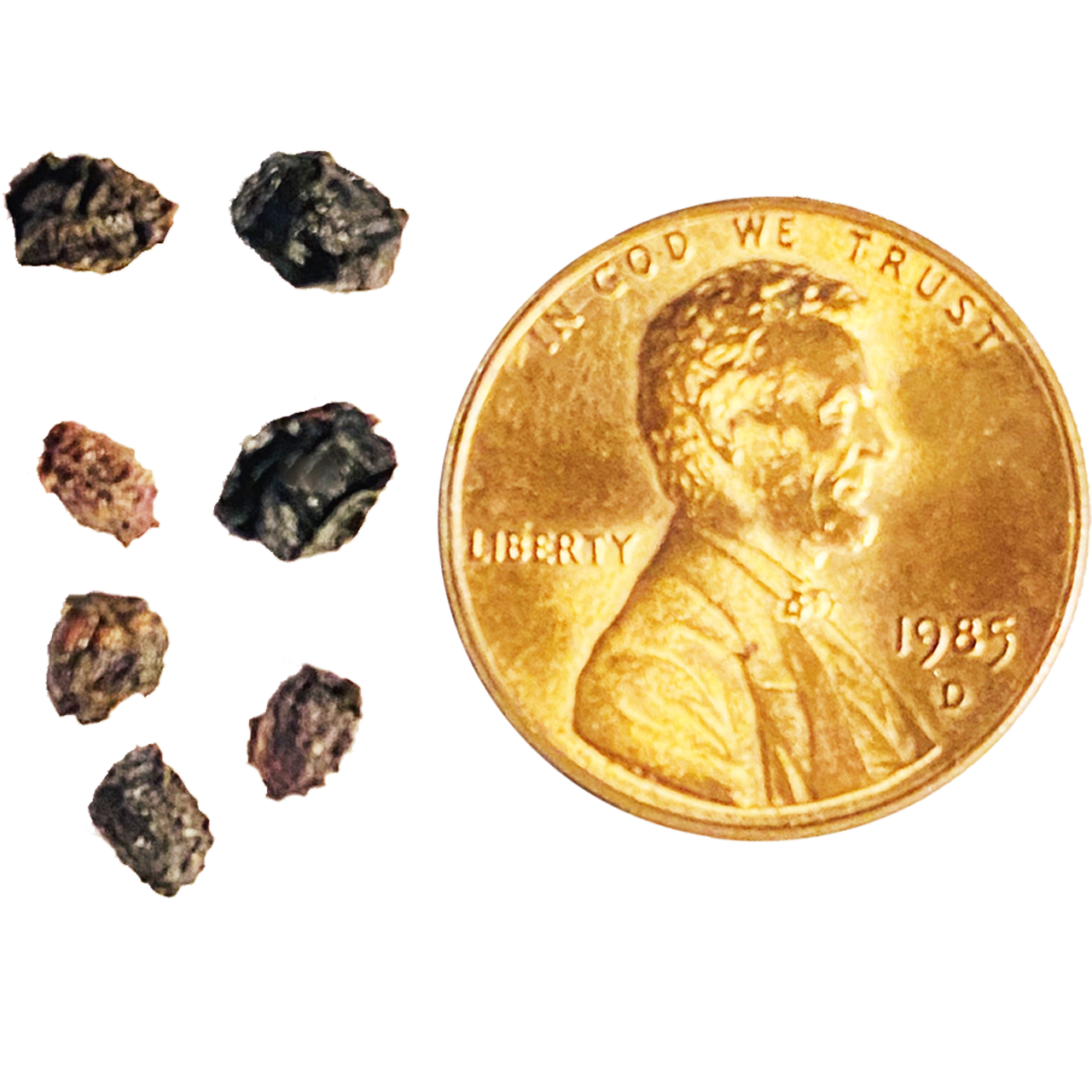

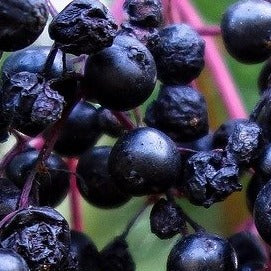
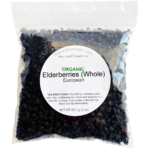
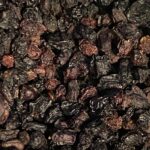
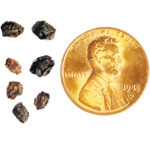

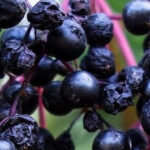
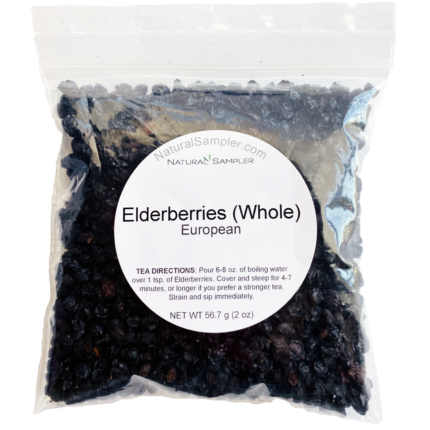
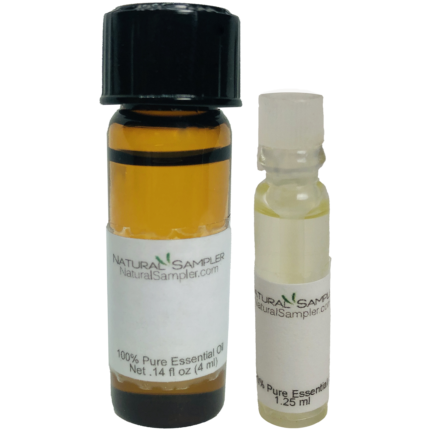
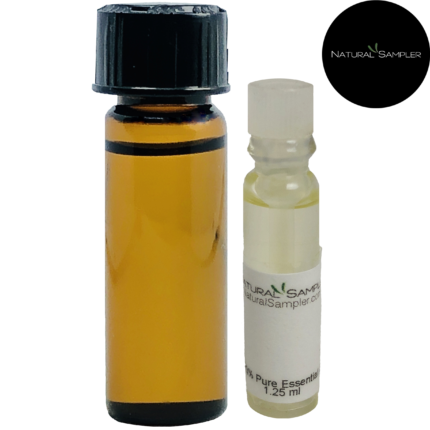
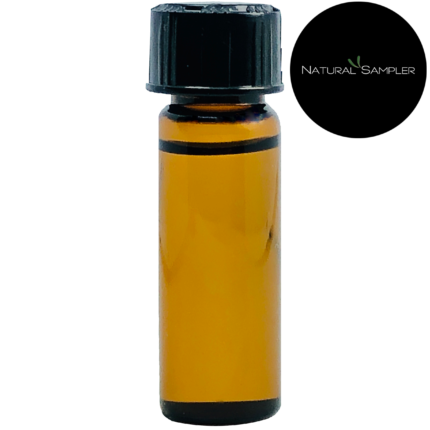
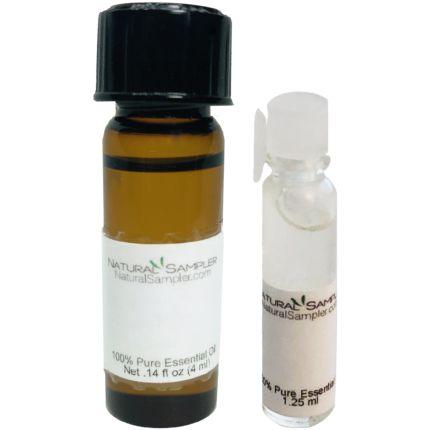
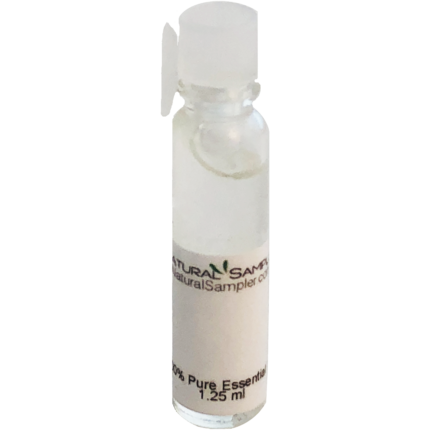
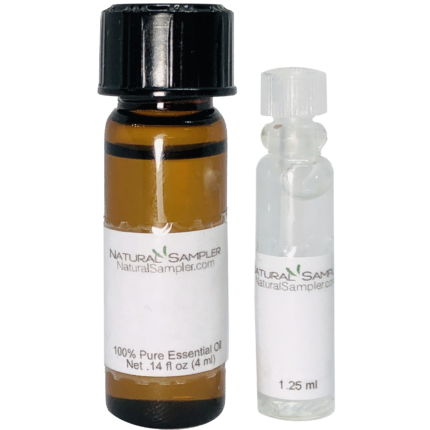
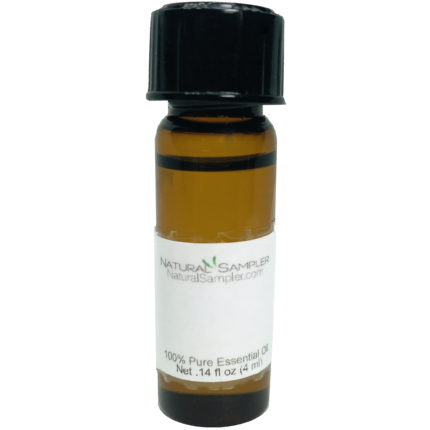
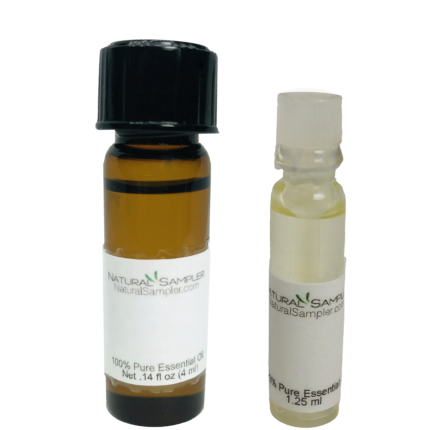
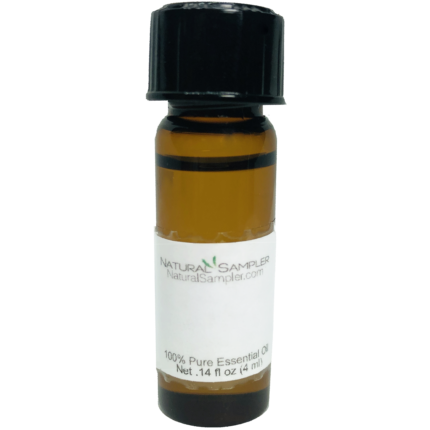
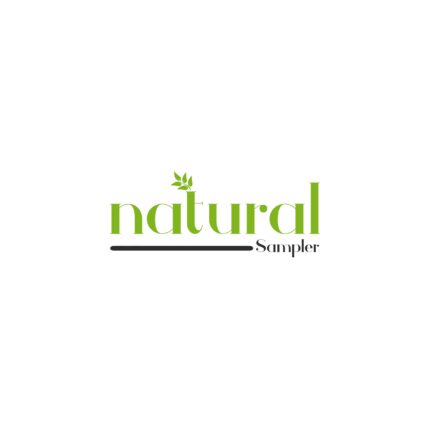
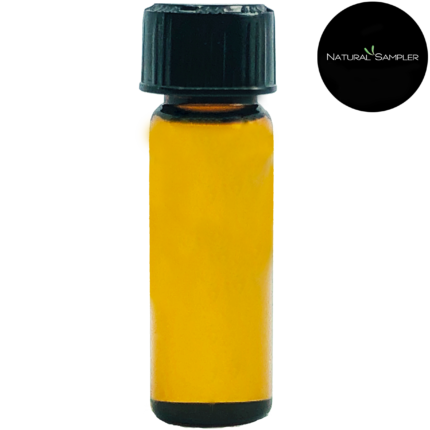
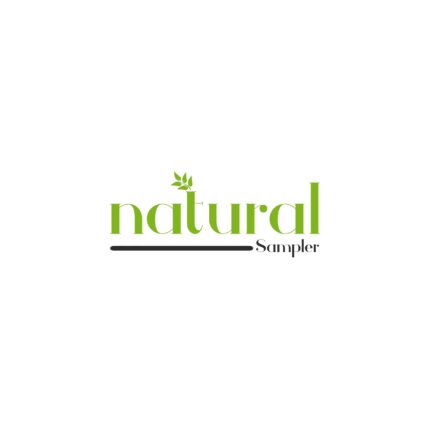
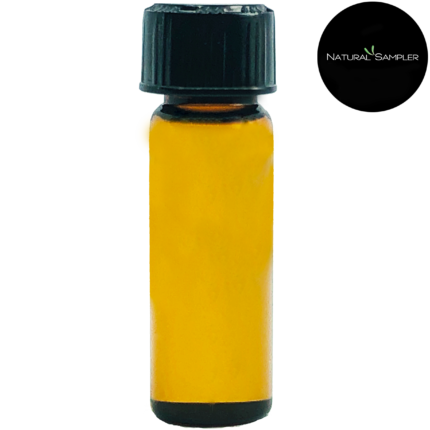
Reviews
There are no reviews yet.